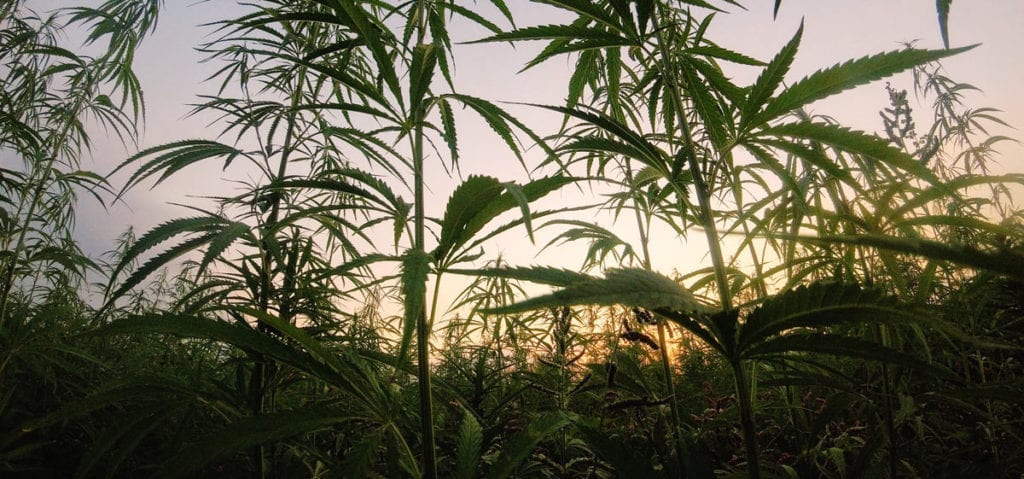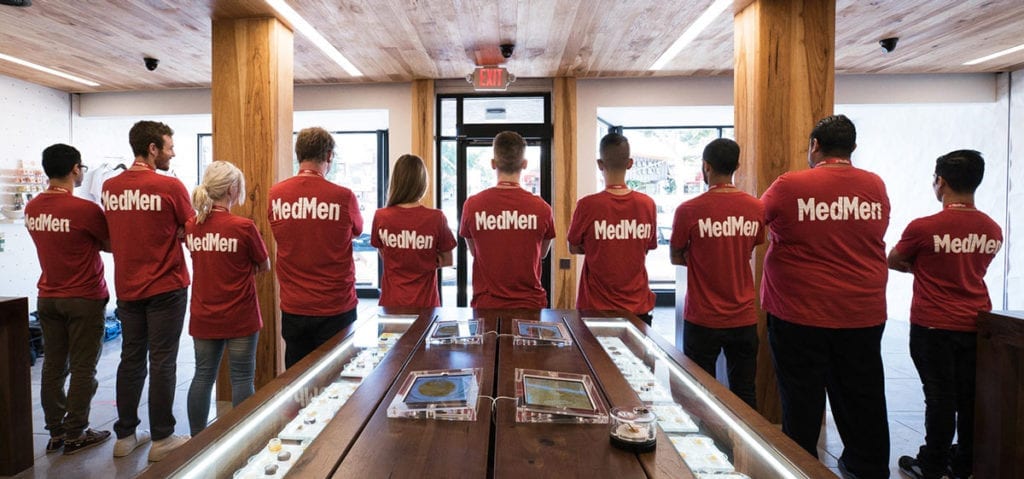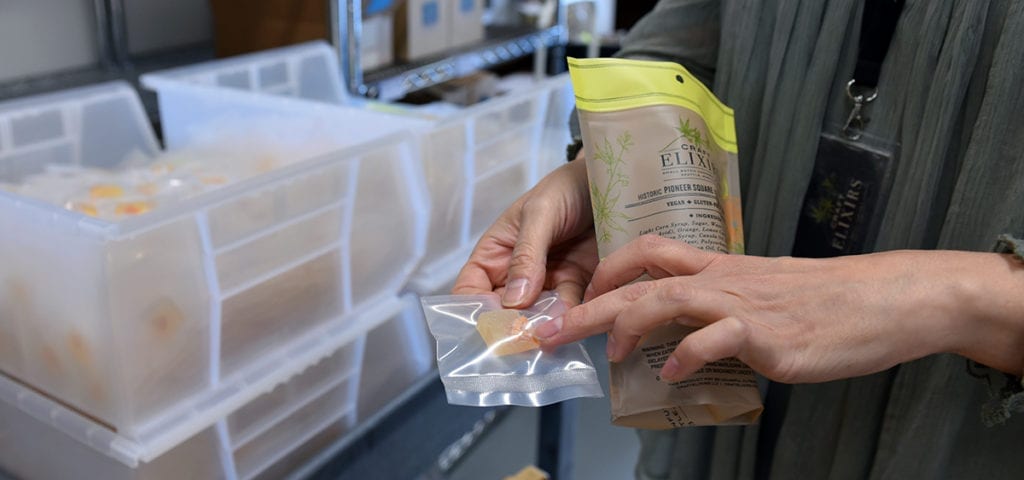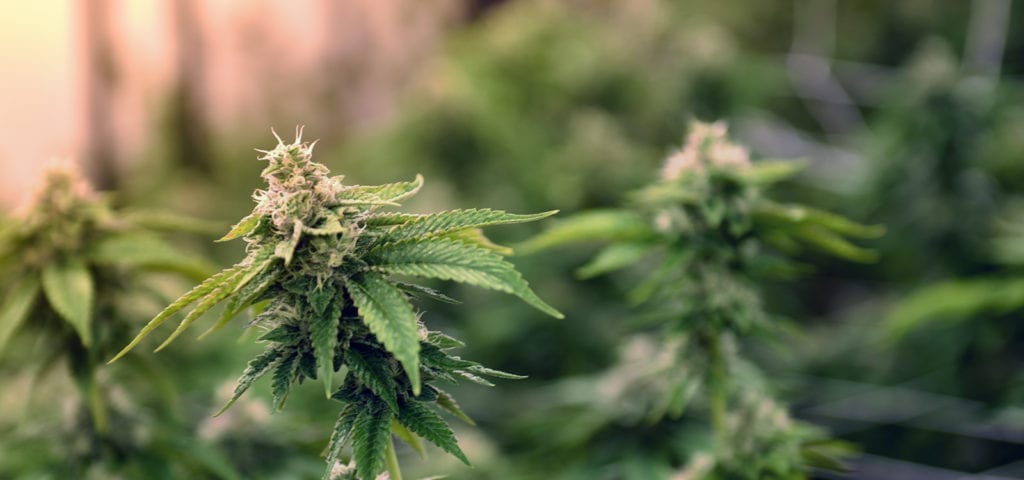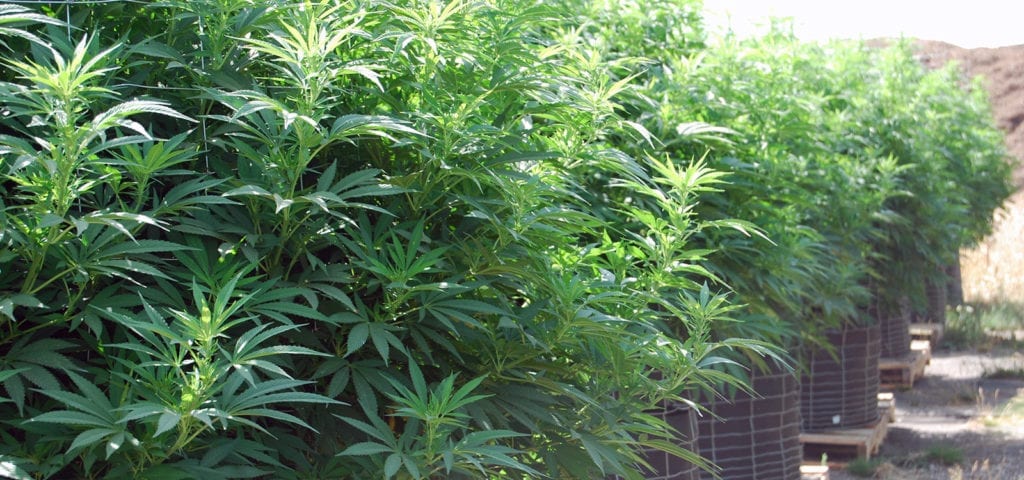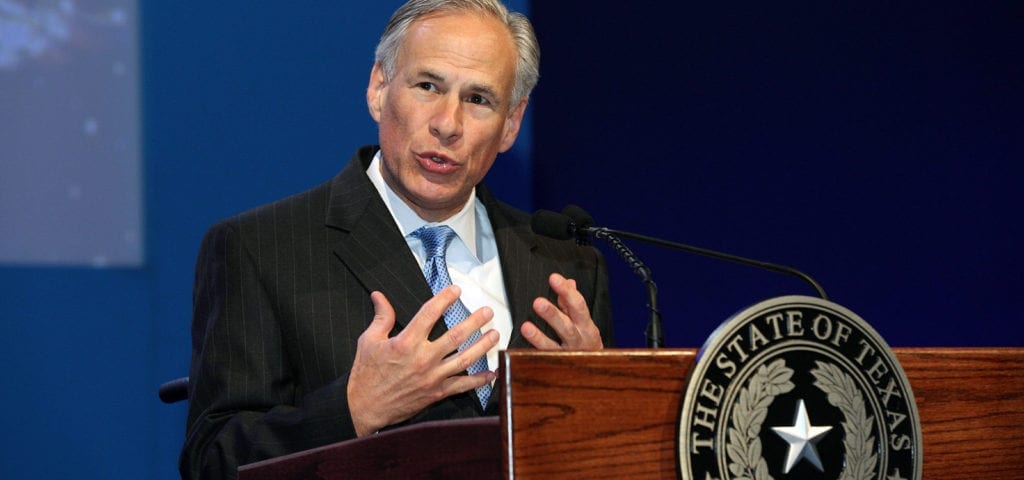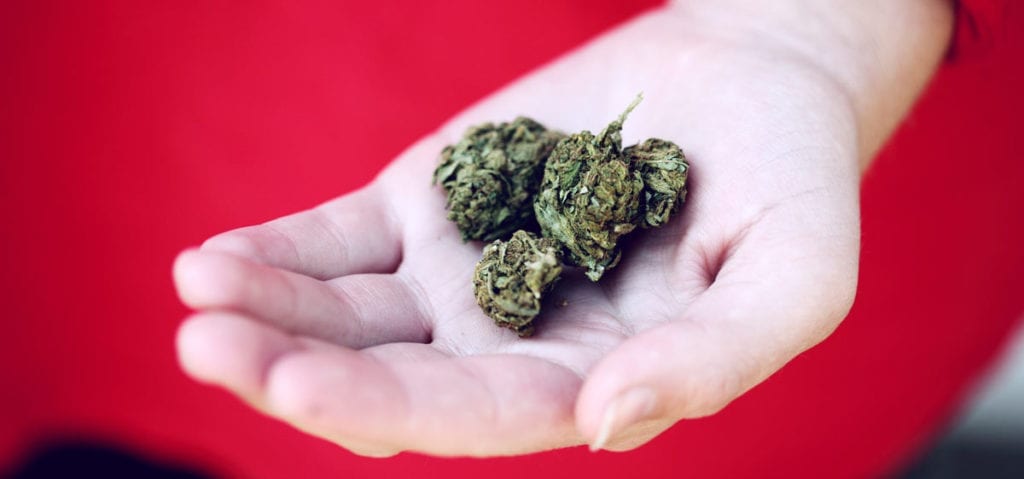Researchers at the University of British Columbia have published a study revealing that there may be more types of cannabinoids than expected in many strains of cannabis and also that CBD and THC are not as important for understanding different strain effects as previously thought, according to Nature.
The researchers collected 33 strains of cannabis from five different licensed producers in the Canadian medical cannabis market. After making an extraction, they used the UV spectrum to classify the different chemical compounds present. Surprisingly, among expected results, the researchers discovered 21 compounds that looked a lot like cannabinoids but were previously unidentified.
The extractions tested by researchers showed that the differences between the strains only accounted for 36% of their overall chemical differences. The remaining 64% of the statistical difference was attributed to other cannabinoids, including the 21 unidentified. There were signs of a complicated relationship between chemical compounds in cannabis: some cannabinoids are correlated with the production of THC while others, including a number of the unknown cannabinoids, were associated with the production of higher levels of CBD.
And that wasn’t even their goal, nor their primary finding. Authors E.M. Mudge, S.J. Murch, and P.N. Brown set out to test the hypothesis that the distinct effects of cannabis strains are not tied to just their THC or CBD content alone — nor the ratio of the two — but that the spectrum of possible effects is much wider than believed. Their findings confirmed this hypothesis and also indicated that breeding cannabis over the years specifically for THC has harmed the plant’s diversity in a condition known as “Domestication Syndrome.”
The research showed that there was a lack of diversity in the cannabinoid content of strains bred to be high-THC alone. In fact, strains with greater than 20% THC seemed to have completely lost the chemical pathways that produce CBD. There also seemed to be fewer of the unidentified cannabinoids in the THC-rich strains, indicating that it may not just be CBD production pathways that those plants have lost.
Ultimately, researchers found that most strains sampled in the study were closely related and that it’s too limited of a process to focus on one or even two single cannabinoids in an attempt to classify strains by their effect — in other words, CBD and THC are only one small part of the puzzle.
Researchers said that further research is needed to understand what the unknown cannabinoids are and how they shape the effects of cannabis.
End
